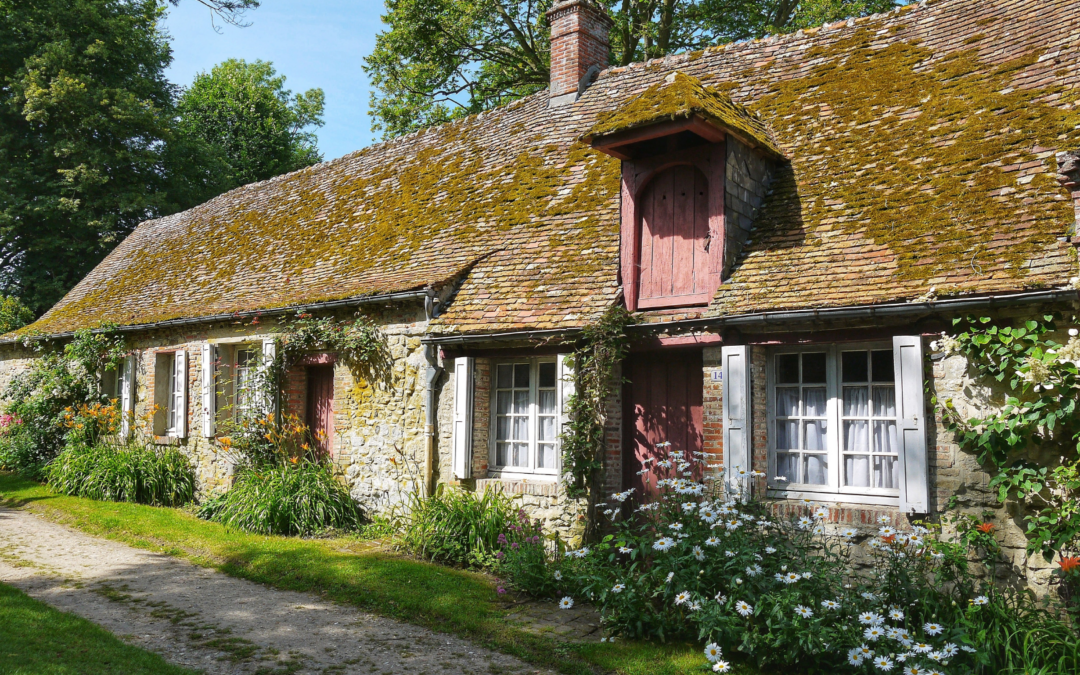Will rents rise, fall or stay broadly the same? OnTheMarket.com considers what will happen following the EU referendum.
There has been so much post-Brexit analysis on property prices and homeowners that its impact on another key component of the market – the rental sector – has been subject to less scrutiny.
A growing ‘Generation Rent’ has been a result of a sharp rise in house prices but if there are going to be, as Michael Gove put it, “bumps in the road” before the contours of Brexit Britain becomes a bit clearer, tenants may have to brace themselves for a bumpy ride (at least in the short term).
The key question, inevitably, is whether rents will rise, fall or stay broadly the same? And will they change in the short or long term? Some experts are predicting they will rise, others that they will fall, and the truth probably lies somewhere in the middle. “Let’s just take a long, deep, calm breath,” said Richard Lambert, CEO of the National Landlords Association, in the immediate aftermath of the referendum.
If the broader property market stalls in the next six months, as some experts are predicting, tenants would ordinarily expect to reap the benefit in the form of lower rents. But some landlords may try to put up rents as their buy-to-let costs increased following recent reductions in mortgage tax relief.
In view of the prominence given to the number of migrant workers from the EU during the referendum debate, there may be added pressure on the new prime minister (Theresa May) to curb migration. This could reduce demand in the private rental sector, which should benefit existing tenants. But much is going to depend on how many properties are available for rent.
One immediate concern is that housebuilding programmes are likely to be hit by Brexit. Shares in construction companies fell in the wake of the referendum. But as the market adjusts, that could eventually lead to more affordable rental properties coming on the market.
“National housebuilders are returning to their roots, and the focus in the capital has shifted from large, prime and inner London sites to more affordable locations,” says Ben Babington, Director of Residential Development at Jackson-Stops & Staff.
Given the current circumstances, anyone currently renting or looking for a property to rent would be well advised to bear in mind the following points:
1. Make sure you keep yourself informed about what is happening in the UK property market generally. If there are likely to be rent rises in the pipeline, for whatever reason, it is best to be forewarned. Don’t bury your head in the sand. Stay tuned.
2. Some landlords may take the view that now is not the best time to sell their properties as house prices may be subdued over the coming months. Similarly, those who were thinking of selling may let their properties instead. This would lead to a greater number of properties available across the rental sector. Good news for tenants.
3. On a precautionary basis, budget for your rental costs to rise slightly over the next two or three years. If they do rise, you will be prepared. If they stay the same, you will have money in the bank. If they fall, you can book a holiday in the Caribbean – or, indeed, put the money saved towards a deposit on a home of your own.
4. With all the prevailing political uncertainty, tenants are likely to feel many of the same concerns as homeowners in the months ahead. But they need not be unduly despondent. After all, renting property often allows more flexibility than owning property and, in a fast-changing world, flexibility could be your trump card.
Content provided by OnTheMarket.com is for information purposes only. Independent and professional advice should be taken before buying, selling, letting or renting property, or buying financial products.
See www.onthemarket.com/newandexclusive. Agents specify exclusivity and are committed to accuracy under terms of use.






